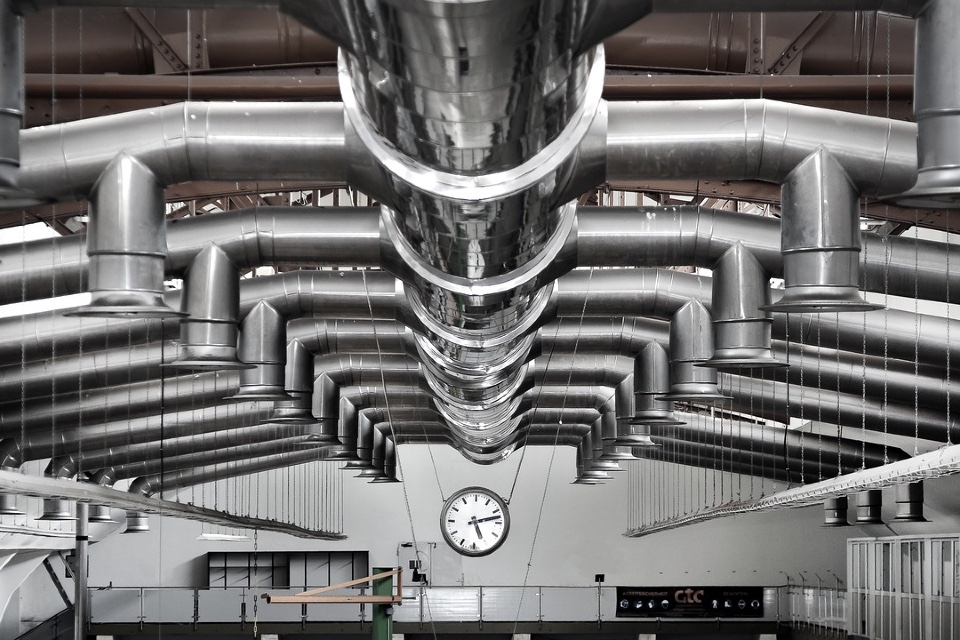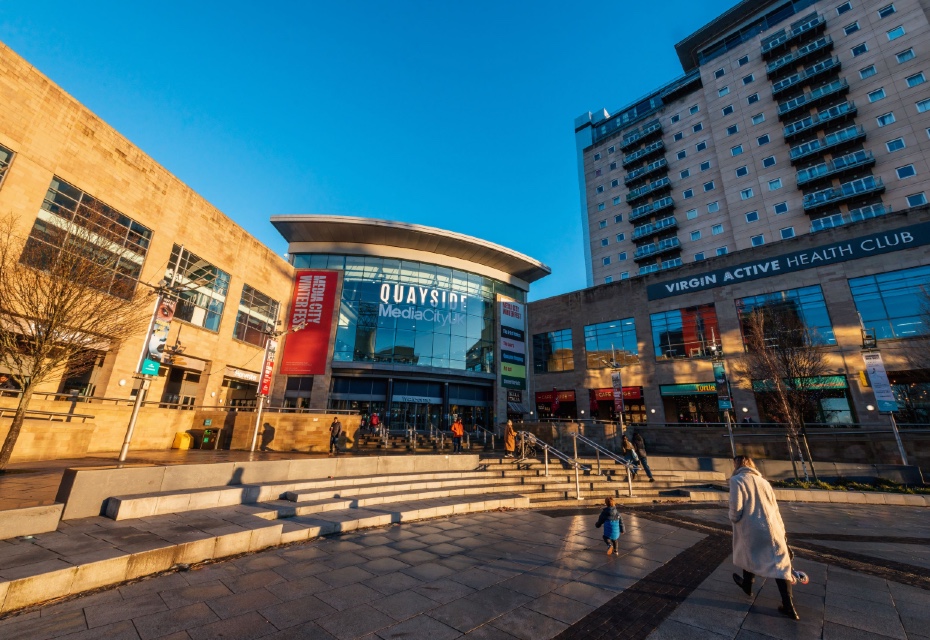Government commits £12m to help energy-intensive industries cut emissions
https://energymanagementsummit.co.uk/wp-content/uploads/2023/02/factory-emissions-industry-970151_1280.jpg 960 640 Stuart O'Brien Stuart O'Brien https://secure.gravatar.com/avatar/81af0597d5c9bfe2231f1397b411745a?s=96&d=mm&r=gBusinesses across the UK will benefit from a share of more than £12 million government funding to help energy-intensive industries cut their carbon emissions and energy costs.
The funding for the 22 winning projects will help businesses across England, Wales and Northern Ireland clean up their industrial processes and improve their energy efficiency – benefiting industries including pharmaceuticals, steel, paper, and food and drink.
This £12.4 million funding was awarded as part of the Industrial Energy Transformation Fund (IETF), which has awarded grants to British projects across the country to increase the energy efficiency of their industrial processes, from car manufacturing to steel production and food processing.
The winning bids include sustainably harvesting food in Carmarthenshire, Wales, through a new air source heat pump system, capturing waste heat to dry, heat, crush and grind materials for roadmaking in South Yorkshire and using revolutionary high temperature heat pumps to reduce the energy needed to heat and cool cheese, reducing emissions in dairy farms across the Midlands.
It is estimated that industry is currently responsible for producing 16% of the UK’s emissions and will need to cut emissions by two thirds by 2035 in order for the UK to achieve its net zero target.
The funding will play a crucial role in helping to clean up big-emitting industries as part of the UK’s green industrial revolution – decarbonising their industrial processes and reducing their reliance on expensive fossil fuels, such as gas. This means businesses will not only reduce their environmental impact, but also save on their energy bills and safeguard thousands of British jobs.
Graham Stuart, Minister at the Department for Energy Security and Net Zero said: “Boosting the energy efficiency of industrial processes is a critical step not only in our transition to a lower-carbon economy, but also by helping businesses to cut their energy costs and protect valuable British jobs.
“That’s why the government has stepped in once again to support energy intensive industries, with a fresh funding round to unleash the next generation of green innovators who are re-shaping the way technology can reduce carbon emissions.
“So far, £34.8 million of funding has been awarded through the Industrial Energy Transformation Fund, which was first launched in June 2020.”










